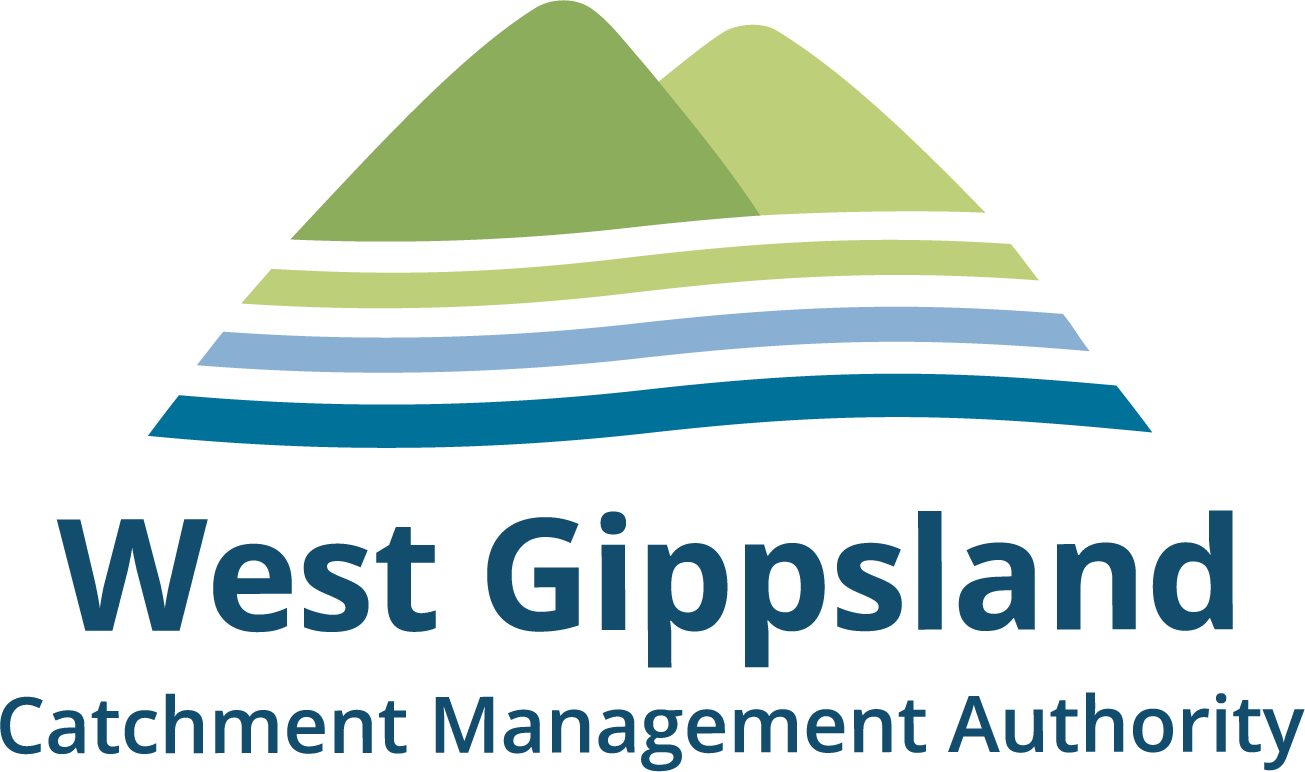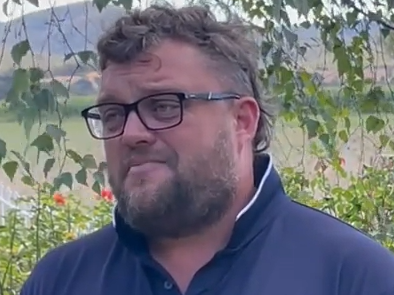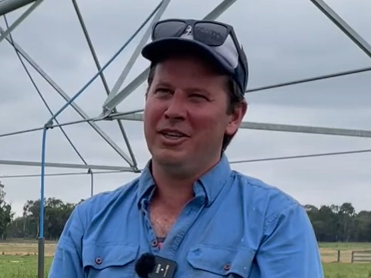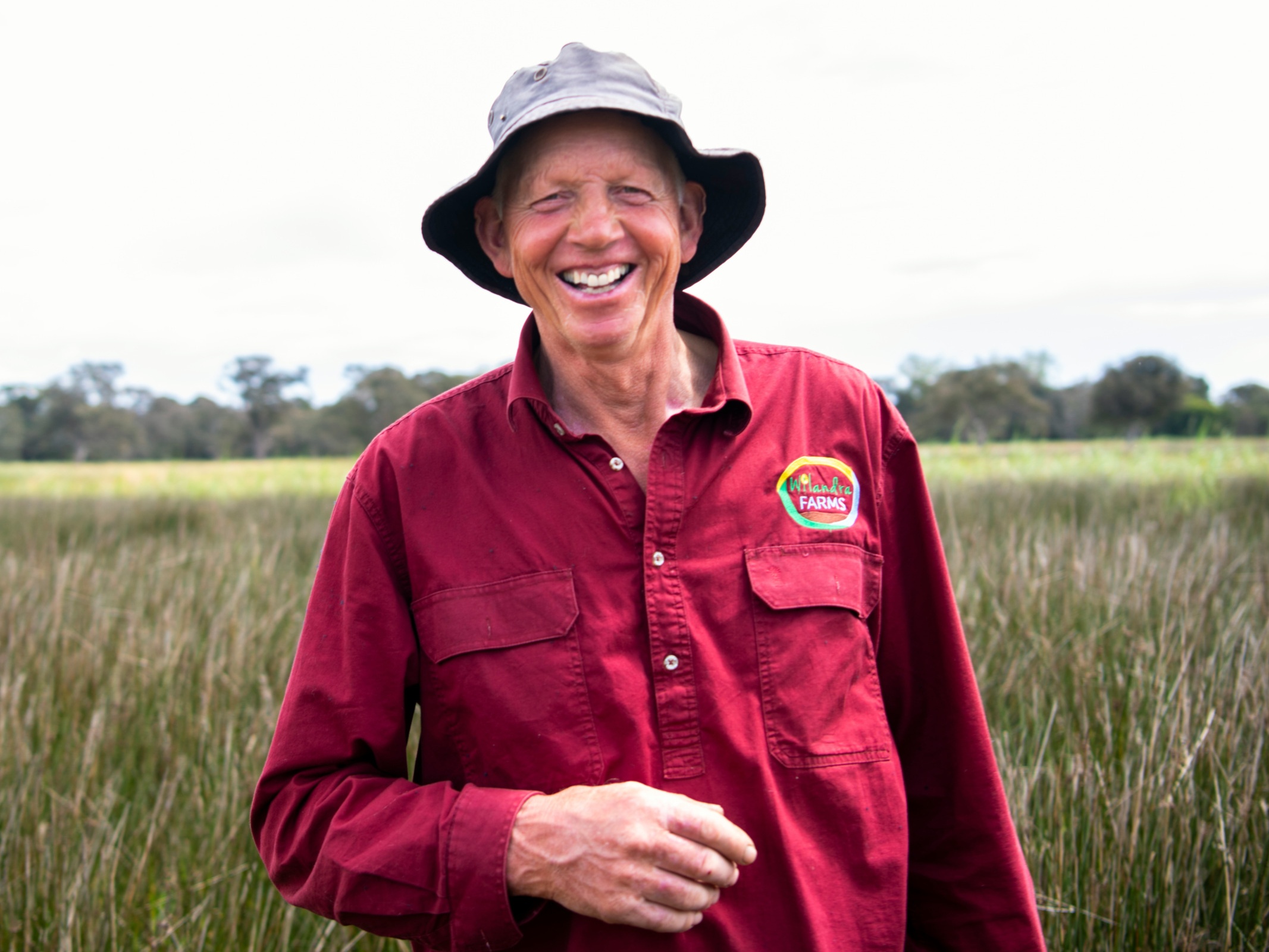Innovative dairy farmers pave way for a sustainable future
West Gippsland Catchment Management Authority (CMA) in partnership with Agriculture Victoria is supporting four irrigators in central Gippsland to trial innovative irrigation and nutrient management practices that boost farm productivity while improving the environment.
“We’re partnering with irrigators to help tackle some the region’s greatest challenges like maximising water use efficiency and improving nutrient management.” said Land Programs Coordinator with West Gippsland CMA, Anthony Goode.
“These farmers are paving the way for sustainable irrigation by trialling technology that we hope will lead to better on-farm productivity, improved water quality in waterways and less greenhouse emissions from irrigated agriculture.”
Currently underway, the four trial projects include the use of variable rate irrigation (VRI) technology to optimise irrigation, expanding dairy effluent application through a pipe and riser system, installing a self-cleaning effluent pump to reduce blockages in pivot irrigators and smart sprinkler controls powered by solar energy.
Funding for the trial projects was provided through The Irrigation and Nutrient Management Demonstration Project, an initiative of the Victorian Government’s Sustainable Irrigation Program.
Customising irrigation to suit a challenging terrain
James Clyne is trialling variable rate irrigation (VRI) technology to optimise water use and increase pasture on a dairy farm with challenging terrain.
James’ 300 hectare farm at Newry features low-lying pockets of land that are prone to waterlogging, rendering them unproductive for pasture and potentially hazardous for the herd.
By installing VRI technology to an existing pivot irrigator, James can optimise irrigation to suit the varying terrain and soil profiles of his paddocks. This benefits his pasture and the health of the herd while also increasing water-use efficiency, reducing runoff and improving nutrient retention on the farm.
Maximising the benefits of dairy effluent to improve soil health
Jess and Steven Knight, irrigation dairy farmers from Llowalong, are trialling the use of a pipe and riser irrigation system to increase the distribution of nutrient-rich dairy effluent on their pasture.
Traditionally, effluent from the herd was disposed of via an open channel leading into one small paddock close to the dairy. With the pipe and riser system, dairy effluent can be applied across a larger area, providing benefits to the soil normally achieved with synthetic fertiliser.
Saving time and boosting soil health with self-cleaning technology
Ineffective filtration systems are a bug-bear of many spray irrigators because they block easily, preventing the valuable nutrients in effluent from reaching the soil.
Tinamba dairy farmer Tom Gannon is trialling a self-cleaning effluent pump to increase the effectiveness of dairy effluent application through a pivot irrigator.
Tom hopes the self-cleaning pump will result in less time spent cleaning the filtration system and more effluent flowing through the pivot irrigator onto his pastures.
Using smart technology to maximise solar powered irrigation
Organic dairy farmers Wilco Droppert and Sandra Jefford are trialling an automated solar-powered fixed sprinkler irrigation system at their Clydebank property to reduce energy consumption and save water.
While powering irrigation from the sun is not new, the approach being trialled by Wilco and Sandra aims to maximise the use of solar while it’s being generated with smart controllers that adjust sprinklers based on energy demand and availability.
All four trials are due for completion in mid-2024 and outcomes and learnings will be shared through our Irrigation Extension Program.
For more information about these trials or other landholder partnership programs, contact Anthony Goode, Land Programs Coordinator, at anthonyg@wgcma.vic.gov.au.
Sign up to Catchment Snapshot to keep in touch.
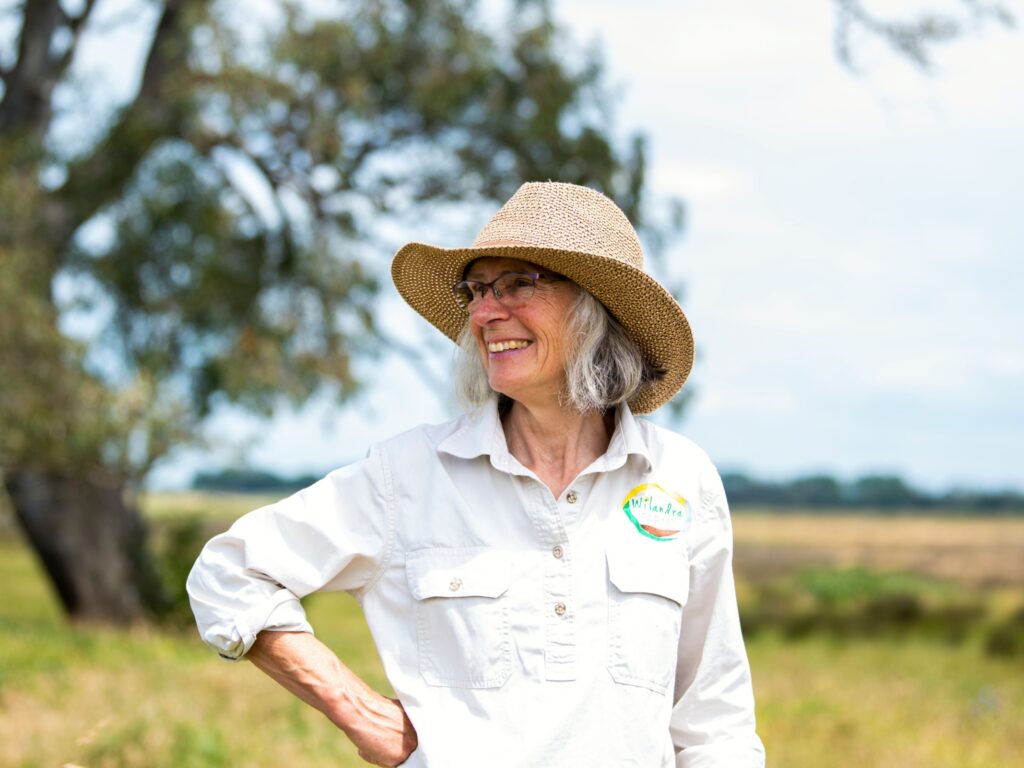
You can listen to Sandra Jefford talk climate change on this episode of the Gippslandscapes podcast.
